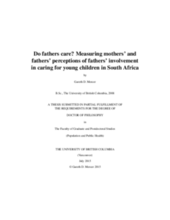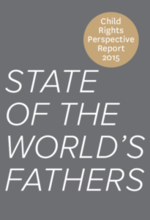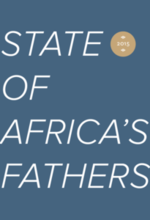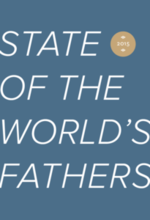Displaying 551 - 560 of 947
This research aimed to solicit the lived experiences of African Australian young refugee women who have experienced early motherhood in Australia.
This animated video from Lumos, narrated by Lumos founder J.K. Rowling, illustrates the “tragic consequences of orphanage care,” and argues that more can and should be done to support families to care for their children, eliminating the use of institutional care.
This paper draws on a British Academy (BA) funded study exploring social workers’ conceptions of family using a vignette and focus groups.
This post from the Faith to Action Initiative highlights the work of the Abide Family Center in Uganda, which helps to keep families together.
This study investigated different environmental and contextual factors associated with maltreated children's adjustment in foster care in Quebec, Canada.
This Doctoral Thesis explores whether children in South Africa who reside with their biological father have better health than children whose fathers live elsewhere.
This report was developed by Save the Children to accompany the State of the World’s Fathers 2015 report (SOWF), produced by MenCare. This Child Rights Perspective report is an excerpt of the main SOWF report, highlighting the content from the main report that is related to children’s rights and gender equality.
This report from Sonke Gender Justice is an adaptation of the global State of the World’s Fathers report, produced by Mencare. The report highlights the research and findings from the State of the World’s Fathers report that are specific to Africa.
The first-ever State of the World's Fathers report, produced by MenCare, a global fatherhood campaign, provides a periodic, data-driven snapshot of the state of men's contributions to parenting and caregiving globally.
This article reports on the Western Uganda Bantwana Program, which worked with more than 1,000 HIV/AIDS-affected families with the goals of improving socioeconomic status, psychosocial functioning, and educational participation.





